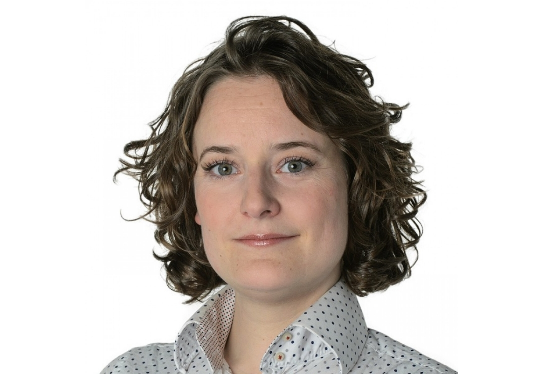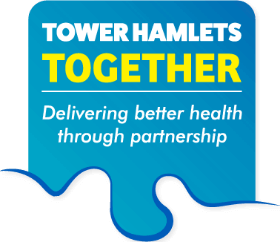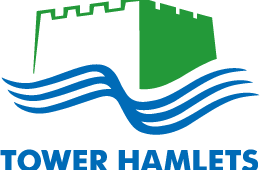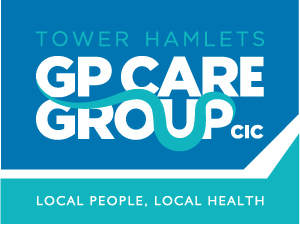Amy's Monthly Briefing - July 2019
The borough’s vision of a seamless health and care experience for its citizens.

At this month's Board we had a spotlight on the enablers workstreams.
At this month's Board we had a spotlight on the enabler workstreams - the critical partnership groups which will help us achieve our Tower Hamlets Together mission to transform the health and lives of local people. These focus on user and stakeholder engagement, communications, workforce and organisational development, estates and IT, and systems intelligence.
We kicked off with co-production and community voice - a standing item and core priority for the Board cutting across all our goals and workstreams. We watched an inspiring film about Tabard Court, our supported accommodation service that provides a stepping stone into the community for men with severe and enduring mental health needs who are moving from residential care, other supported accommodation, hospital or prison.
We then discussed our user and stakeholder engagement action plan, which sets out how we will raise our game on public and patient involvement, make sure the nuts and bolts are in place consistently across the partnership, improve our coordination and skills for meaningful engagement and strengthen citizen voice at the Board itself. The plan will be uploaded on the THT web page soon and is built around three themes: leadership and governance, citizens as equal partners, and coordination and engagement. The Board were very keen for this work to move on quickly, having been in development for some time. We are really pleased that Julia Slay, CCG Governing Body lead for engagement and lay member, will Chair the user and stakeholder engagement workstream going forward and join the Board as a non-voting member, to ensure a strong conduit as the plan is further developed and implemented.
Our other standing item is the System Performance Dashboard which continues to evolve and now includes some of the data gaps we identified at previous meetings. We still need to add relevant children’s metrics and more broadly to take stock of the picture emerging from the data about the state of integration across different services and whether the right metrics are coming up to the Board. A key question is whether the intelligence is telling us enough about outcomes for people. As such, we will be focusing on the Dashboard – our view of “today” – and the Outcomes Framework (the I-Statements developed with local people) – our view of “tomorrow” – at September’s Board meeting. In future meetings, we also hope to have a more automated dashboard which we can view “live”, to interrogate and filter the data and trends, and use the intelligence to steer the Board’s priorities for the workstreams.
All the enabler groups presented their draft plan on a page, with priorities for 2019-2022. The groups are at different stages of development and the Board will be reviewing resourcing arrangements, to make sure each has sufficient support through an active chair and workstream lead – in line with the lifecourse workstreams. For communications, there is a clear and concrete body of work to be done, initially to promote the THT vision, mission and priorities to a wider audience, which we plan to achieve through a new communications specialist resource for THT. The workforce enabler group’s main priority is to develop an integrated workforce strategy across health and social care, comprising recruitment, a common THT induction, our collective “offer” to staff, joint training, a passport framework so people can move through the system more easily and embedding the wheel of partnership model to support “one culture”. The Board were keen to ensure mental health and wellbeing of staff is a core priority across the partnership.
For estates and IT, while there is much operational progress underway, we identified the need for a Board-level discussion about our strategic vision for spaces across the partnership. We need to grapple with questions like: how do we help people work anywhere in the borough, building on the work to enable health visitors to have hot desks in GP practices and children’s centres? What IT infrastructure is needed to make this smooth and efficient? What should our health and wellbeing centres of the future look like? Finally, the systems intelligence group are focussed on improving data flows and accessibility for all levels of THT – so that each workstream, enabler group and locality health and wellbeing committee can access a dashboard that is meaningful to them and which relates to the I-Statements developed with local people. A vital piece of the puzzle is putting integrated health and care records in the hands of citizens, which needs a clearer “home” in the THT infrastructure to drive it forward. More broadly, the Board asked for a clearer strategic vision for how we will use intelligence to improve outcomes for people and for duplication of system dashboards to be tackled!
My summary is that there’s clearly huge amounts of drive and progress across the partnership, but we
know we have much more to do to achieve our vision. Next month, the Board has an extended session on
commissioning, sustainability and finance, which is an important moment to take stock and build momentum.








